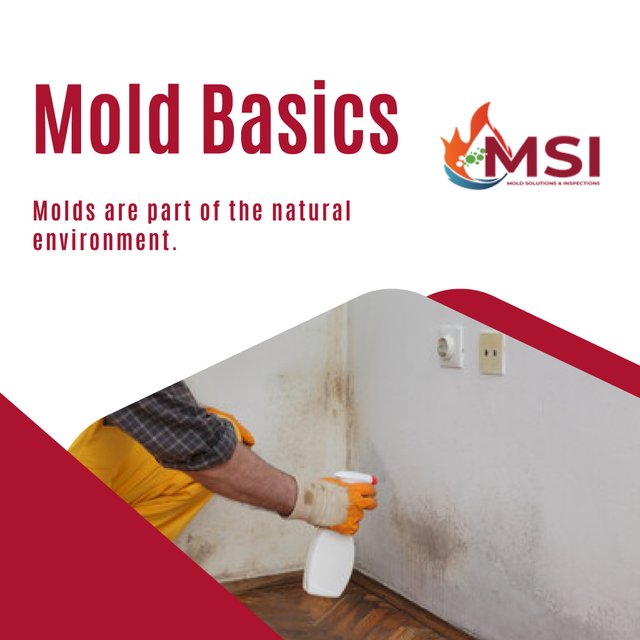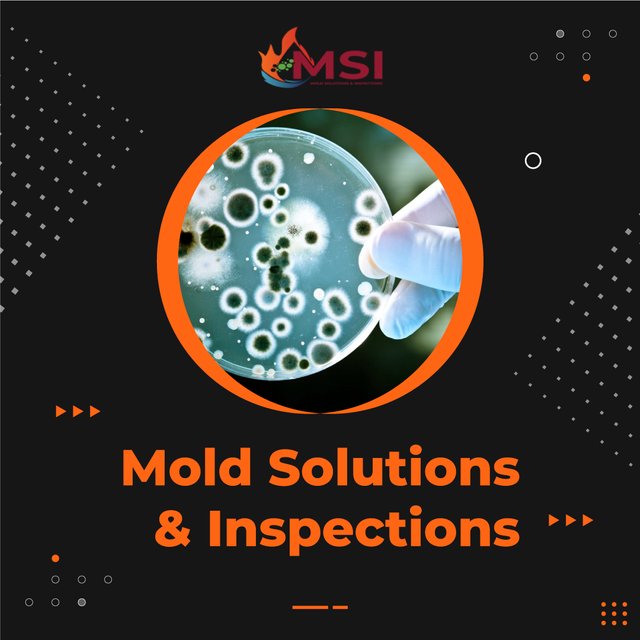Mold is a persistent problem that can wreak havoc on homes, causing structural damage and posing health risks to occupants. Whether it's a result of water damage, poor ventilation, or high humidity levels, mold growth requires swift and effective action to mitigate its effects. In this comprehensive guide, we'll explore the importance of mold remediation services, the process involved, and how to choose the right professionals to tackle this menace head-on.
Understanding the Threat of Mold:
Mold is a type of fungus that thrives in moist environments and spreads rapidly through airborne spores. It can colonize various surfaces, including walls, ceilings, floors, and even furniture. Beyond causing unsightly stains and odors, mold can trigger allergic reactions, respiratory issues, and exacerbate existing health conditions, especially in individuals with compromised immune systems.
The Mold Remediation Process:
Assessment: A thorough inspection is conducted to identify the extent of mold growth, pinpoint moisture sources, and assess the damage caused. This step is crucial for developing an effective remediation plan tailored to the specific needs of the property.
Containment: To prevent further spread of mold spores, containment measures are implemented using barriers and negative air pressure systems. This containment strategy helps protect unaffected areas of the property during remediation.
Removal: Mold-infested materials are safely removed and disposed of according to industry standards. This may involve demolition, cleaning, and disinfection of affected surfaces to eliminate mold colonies and prevent regrowth.
Drying and Dehumidification: Addressing underlying moisture issues is essential for long-term mold prevention. Professional remediation services utilize advanced drying and dehumidification equipment to thoroughly dry the affected areas and restore optimal humidity levels.
Air Quality Testing: Post-remediation air quality testing is conducted to ensure that mold levels have been effectively reduced to safe levels. This step provides validation that the remediation process has been successful in restoring a healthy indoor environment.
Choosing the Right Mold Remediation Professionals:
When selecting mold remediation services, it's essential to consider the following factors:
Certification and Experience: Look for companies with certifications such as the Institute of Inspection, Cleaning and Restoration Certification (IICRC) and extensive experience in mold remediation.
Comprehensive Services: Choose a provider that offers a full range of remediation services, including assessment, containment, removal, and prevention.
Reputation and References: Research customer reviews, testimonials, and ask for references to gauge the reputation and reliability of the mold remediation company.
Compliance with Regulations: Ensure that the company follows industry regulations and guidelines set forth by organizations like the Environmental Protection Agency (EPA) for safe and effective mold remediation. https://www.wearemsi.com

